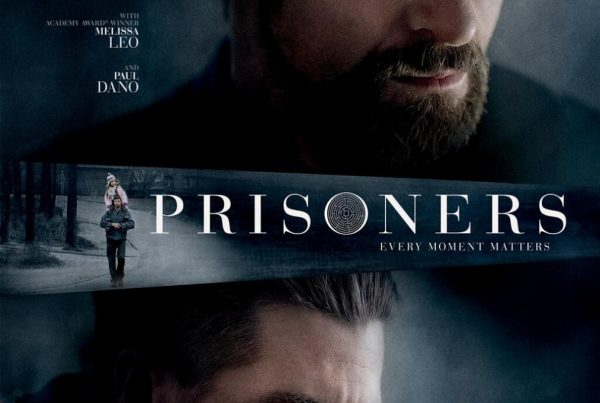
A play isn’t really a play until it’s been performed, spoken into the world. Since most plays exist entirely in performance, they also exist around the script between the playwright and the actors, and between the playwright and the audience, and there is a pretty big struggle when it comes to getting better as a playwright.
Compounding that struggle is the fact that it’s a lot harder to hide your failures, because plays have to be performed for you before they are even alive. Other writers can do their learning in private, filling notebooks and folders with stories and poems the world will never see. Playwrights have to learn in public, in the harsh theatre lights exposing their work to audiences. They have to do their training, their learning and their improvement right in front of all of us.
So it’s very important that there are nurturing support organisations and events for just this kind of development. Times, places and people that allow works for the stage their time in the air, so that faults can come to light in supportive and understanding environments. Such things, of course, do exist but are rare enough that we should never forget to celebrate them.
This month, Circa (Circa Two, in fact) features one of these events. Tawata Productions, who have made it their core business, in some ways, to facilicate the development of new works by new voices for the theatre, are holding their now annual Matariki Development Festival from 23 June to 5 July. There will be rehearsed readings of new plays from Hone Kouka and Moana Ete, as well as a full development season of Aroha White’s play 2080. That these playwrights have an incubator for their works, somewhere they can be tested and refined but everyone knows what the deal is, is wonderful.
And it works too. Playing at the same time — 28 June to 12 July — in Circa One will be the premiere production of Hikoi, Nancy Brunning’s debut as a playwright. This play came through the Matariki Development Festival last year and is now ready for prime time. It even won co-runner-up at the Adam Awards, the most prestigious awards for unperformed individual plays we have in this country, along the way. So I implore you get down to Tawata’s Matariki Development Festival to see and support these blossoming works. Your very presence will help these plays become better, more themselves. Then get to Hikoi to see the kind of stuff that your support and feedback will help create.




